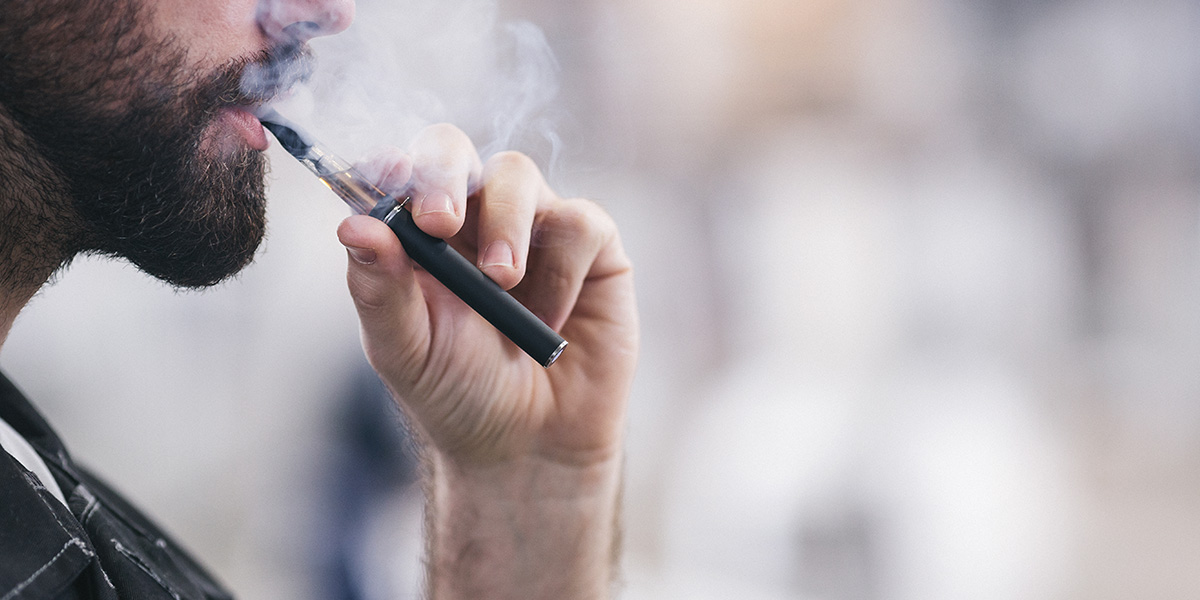The Florida attorney general (AG) recently initiated legal proceedings against several Florida smoke shops, alleging violations of state law related to the sale and marketing of illegal nicotine products, particularly vapor products, to minors. The action targets multiple businesses, including 27 Smoke Shop Inc., A&A Smoke Shop LLC, Alami 9 LLC, Alami 10 LLC, Epic Novelty LLC, and Fuego Smoke Shop LLC. The complaint, filed in the Fifth Judicial Circuit, accuses these retailers of selling, shipping, or failing to remove from their inventory nicotine products that are classified as illegal contraband under Florida law, with a particular focus on products marketed to children.








